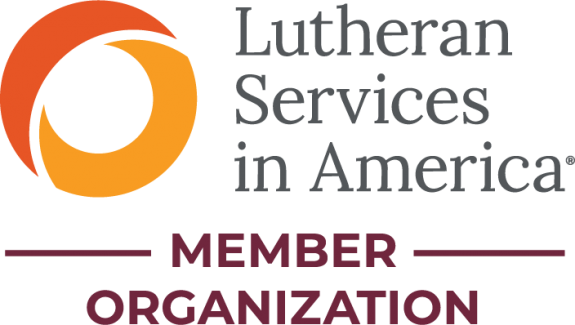Community Living Promotes Independence for Individuals with Disabilities
It can be difficult for caregivers of individuals with intellectual and developmental disabilities to “let go” and allow them to find a more independent lifestyle. As with any change, there is always a natural fear of the unknown. Caregivers may ask themselves questions like:
Will he be able to get along on his own?
Will she be able to take care of her daily needs?
Will people overestimate their abilities and put them at risk?
Will they get hurt?
Will they become isolated or withdraw from too much stimulation?
But, caregivers can take heart by a recent focus group study that found most individuals with intellectual disabilities want to lead a life where they can live as independently as possible within their communities.
Residential or community living has been shown to help individuals with intellectual and developmental disabilities achieve the sense of independence they’re seeking while receiving the level of physical, mental and emotional support they need.
An enhanced support network fosters shared responsibility
Community living builds a more extensive network of caregivers and teachers who take the time to let individuals with intellectual and developmental disabilities learn on their own. “Gentle teaching” where individuals are provided the space they need to develop skills and accomplish daily tasks helps them take on more responsibility. And, that, in turn, promotes a sense of pride and independence.
Social interaction helps break the chain of dependence
Having people to interact with in addition to primary caregivers is one way for individuals with intellectual or developmental disabilities to build more self-confidence and involvement. Community living may also contribute to an individual’s physical, mental, and emotional health. Research finds that there’s a long list of healthy-living benefits to having an extended community of supporters, including:
o Reduced stress and anxiety
o Faster healing
o Improved memory function
o Less pain
o Generally, leading a longer, happier life.
Everyone deserves to be a part of his or her community and reap the benefits of having a supportive network of peers and friends.
Community living expands choices
With the right learning opportunities, those with intellectual and developmental disabilities can flourish. But when it comes to learning, one size does not fit all.
Community groups offer encouragement, not control, of an individual’s choices for their hobbies and interests. Sometimes all it takes is exposure to one new activity for your loved one to find what he or she really loves to do.
Increasing your loved one’s opportunities to make their own decisions about what’s right for them is just one more step on the way to building their independence.
At Graceworks Enhanced Living, building community is what we do
Graceworks Enhanced Living, affiliated with Graceworks Lutheran Services, provides residential living, support, and daily care for individuals with developmental and intellectual disabilities. We create strong, safe settings for growth where the people we support and their caregivers can come together to form a positive, nurturing community. We provide services in nearly 40 residential settings including intermediate care facilities (ICFs), licensed and non-licensed homes. See the locations we serve.
At Graceworks Enhanced Living, we believe that individuals thrive when they can make their own decisions and live interdependently with others. Our innovative day programs provide group and individual recreational and leisure activities that will give your loved one a sense of accomplishment and self-worth.
Find out more about our supportive residential services for individuals with developmental and intellectual disabilities. We’re here to answer all your questions and put your mind at ease.


